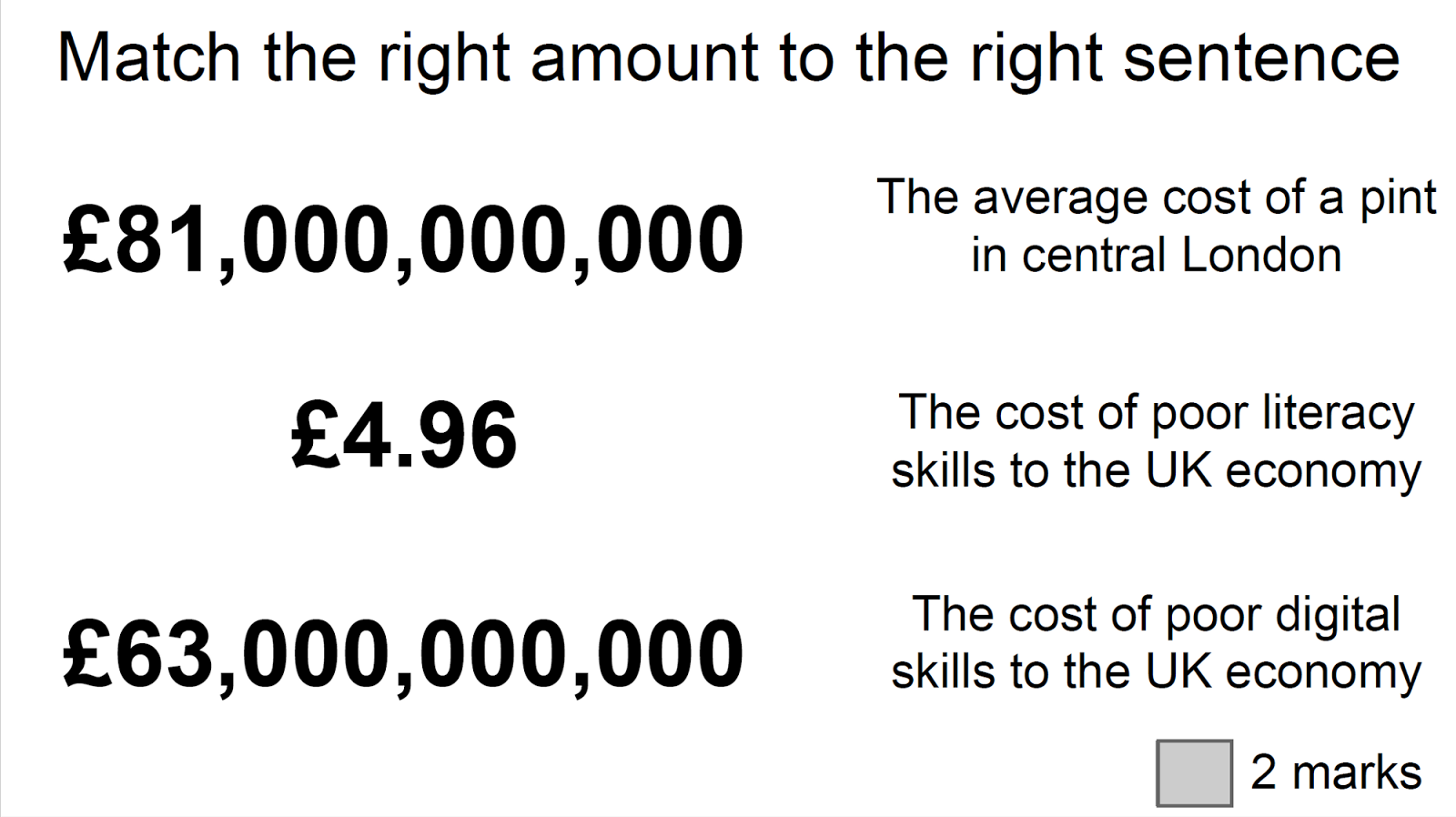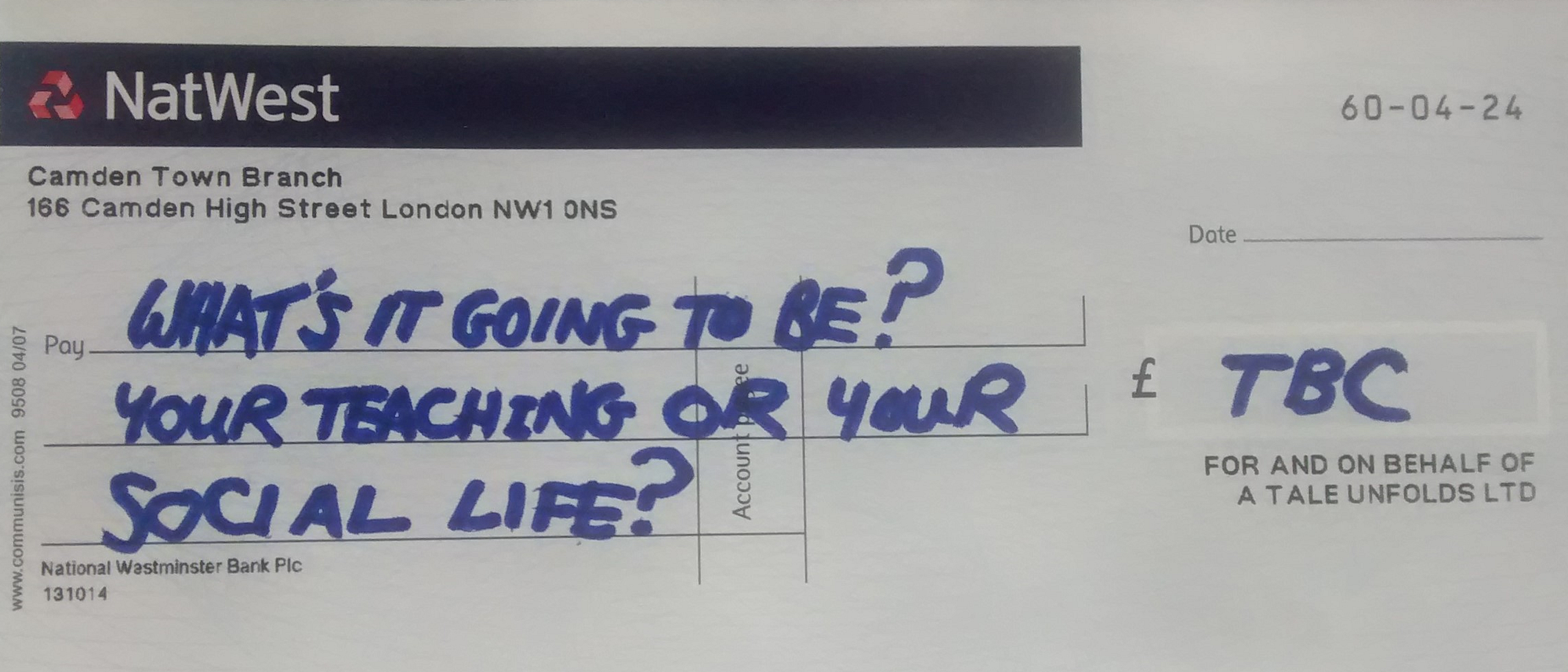Silence at the back! Mr Lego is trying to teach!

You may or may not have read the post that I wrote on YouTube and the future of schools. If you didn’t, don’t worry. You’ve only missed out on a debate that has raged in my teacher brain for a number of years. Either way, in that blog post, I posed the following question. Should schools pay for content and resources? The overwhelming response from teachers was that they shouldn’t have to pay which, from a business point of view, was eye-watering. However, when I consider my own time as a child with two teacher parents and my years as a primary school teacher, I shouldn’t have been surprised.

My decision to teach was also a challenge. I was challenging the idea that any teacher should have to give up so many evenings and weekends in order to deliver the standard of education that, as a society, we should strive for. I was adamant that it wasn’t the case and set off on my journey to prove that there was another way. In hindsight, I was also pissed off with my mum for being so stressed and unavailable most of the time. The challenge was on and I was going to win.
To cut a long story short, this is what I have learned as a teacher. To do a half-arsed job of teaching is quite easy. To do an awe-inspiring job of teaching all the time is brutally difficult. I had high standards of what I wanted to my teaching to achieve in the classroom, perhaps they were unrealistically high. Nonetheless, it meant that I spent way too long obsessing about exactly what would work best in the classroom, what the perfect angle of delivery was, what the perfect stimulus was, how to drip feed SPaG so as not to overwhelm, how to create the perfect classroom culture and promote independent learning, etc. I was turning into my mother.

To get back to the point, should schools pay for content and resources, it’s also time for me to confess. As a teacher, I have often stolen resources. In one particular situation, I stole resources so heavily from one digital publisher that they actually contacted my school to put an end to it. I’m not proud of that but I want to make the point that I myself was adamant that I shouldn’t have to pay for resources out of my own pocket. I was doing a noble job that should grant me access to a world of possibility in order to shape young minds for the benefit of mankind. In fact, how dare you try to charge me for such a thing!
In my current situation as a teacher turned creator of education projects, this puts me in an uncomfortable position. I started ATU in order to address two of the biggest challenges facing the UK economy: poor literacy and digital skills.

As well as these two monster problems, my ultimate goal was to improve the lives of hard working teachers. Having been at the chalk face and experienced the best and worst of it, I was determined to do something to bring joy to such a dedicated bunch of people. Almost three years in and I’m part of a team that works incredibly hard to produce projects that I believe are some of the best out there for improving literacy and digital skills. Initially, like most businesses, we charged because everyone in the team needs to pay bills, eat, feed their ferrets and enjoy their spare time as much as the next person. We have been contacted by hundreds of teachers complaining about the lack of innovation and financial support from their schools meaning they are forced to pay themselves. After so much feedback, we’ve now taken the decision to align all our resource prices to £1 per lesson: innovation at rock bottom prices.

Whether this plan works in the long term remains to be seen. It’s not our only revenue stream, training and workshops is a bigger thing for us, but selling resources is a significant one. What will be interesting is seeing to what extent teachers value the work done by us as teachers in creating these projects without the influence of paymasters. As big corporations creep ever closer to the heart of teaching, will teachers themselves become the ultimate brand ambassadors for those companies with an education department who produce free resources? It’s hard to blame teachers for trying to find a way to preserve their sanity but the implications are serious and will be very hard to reverse.
“Silence at the back! Mr Lego is trying to teach!”










